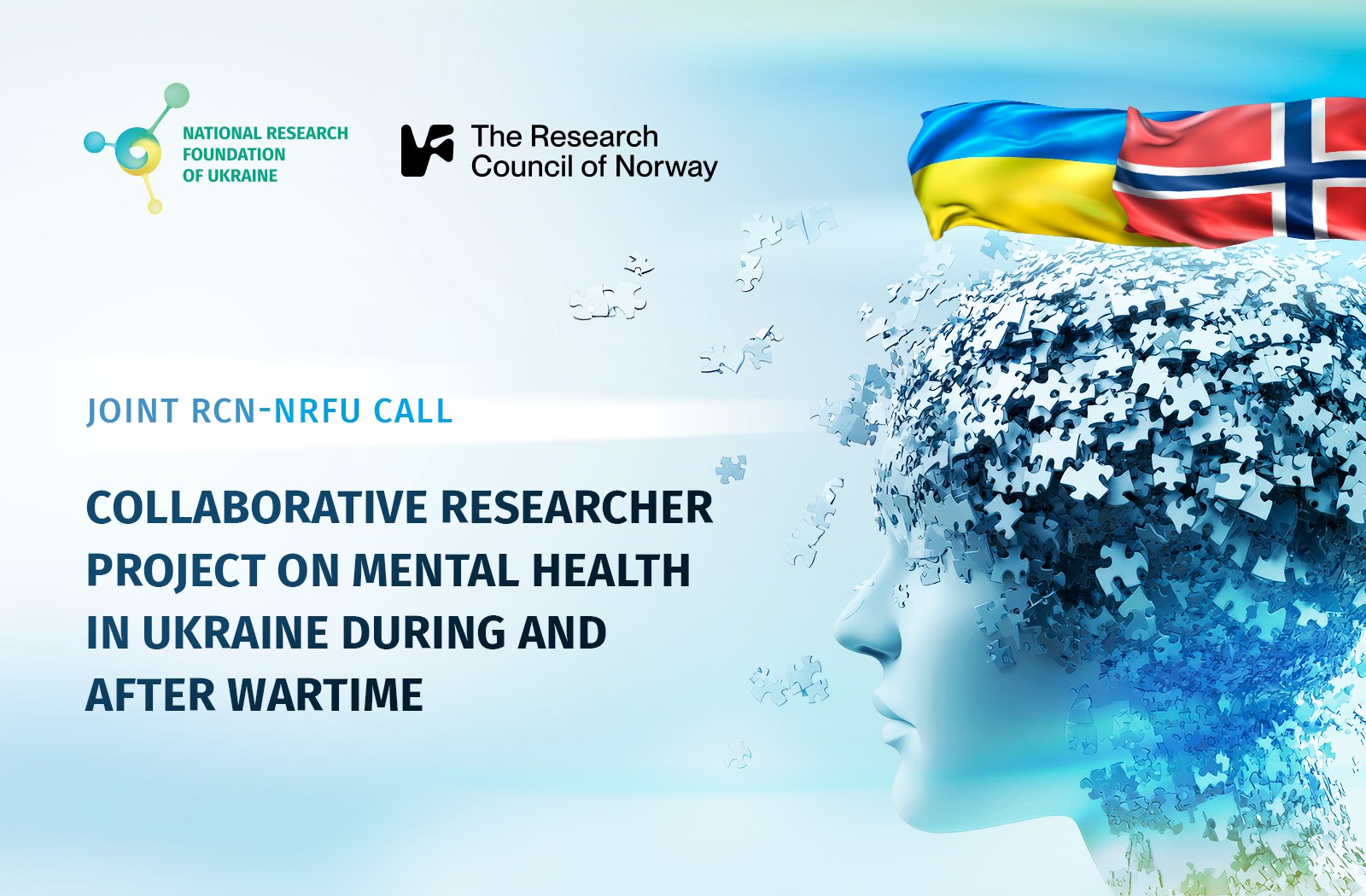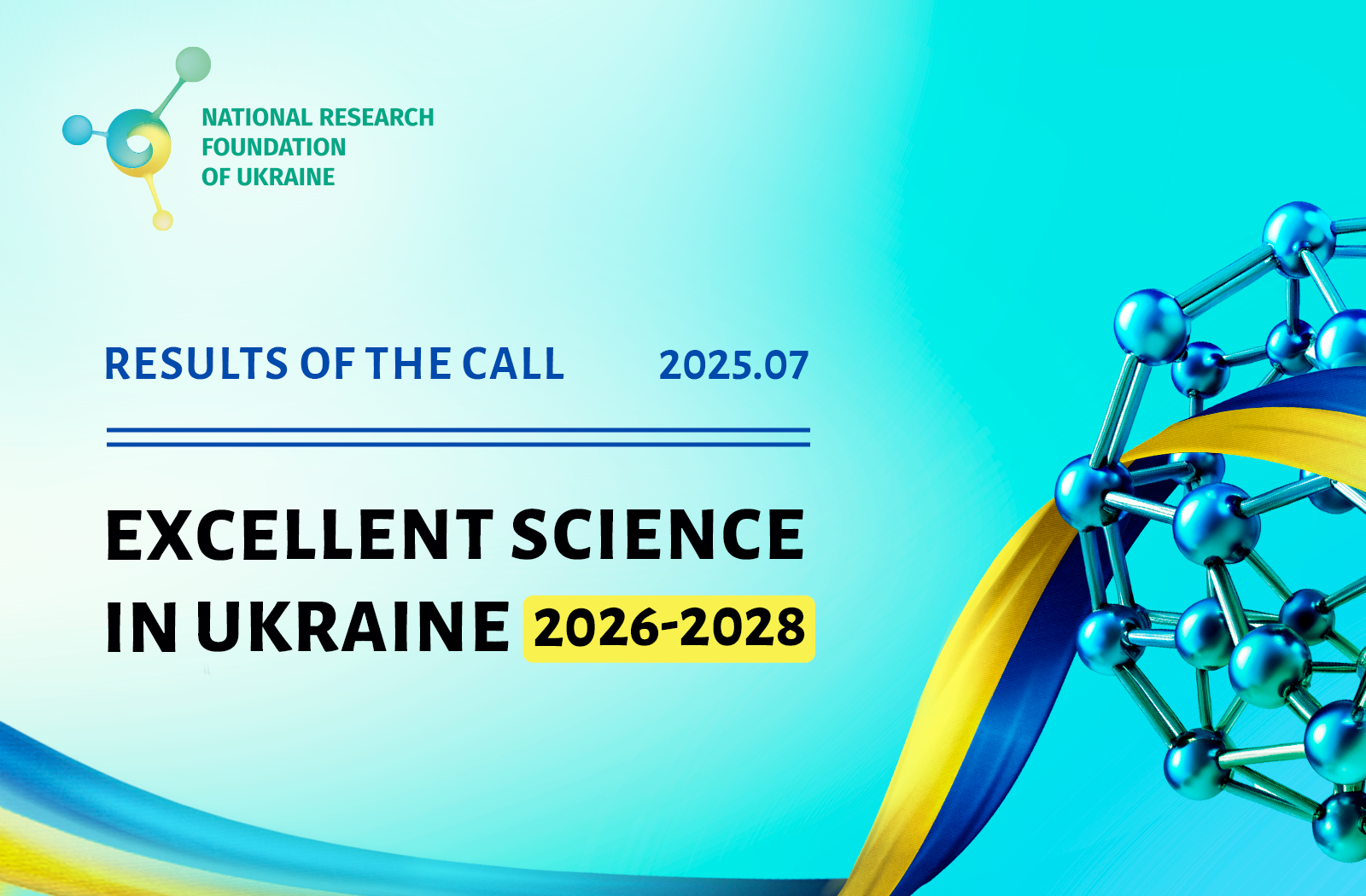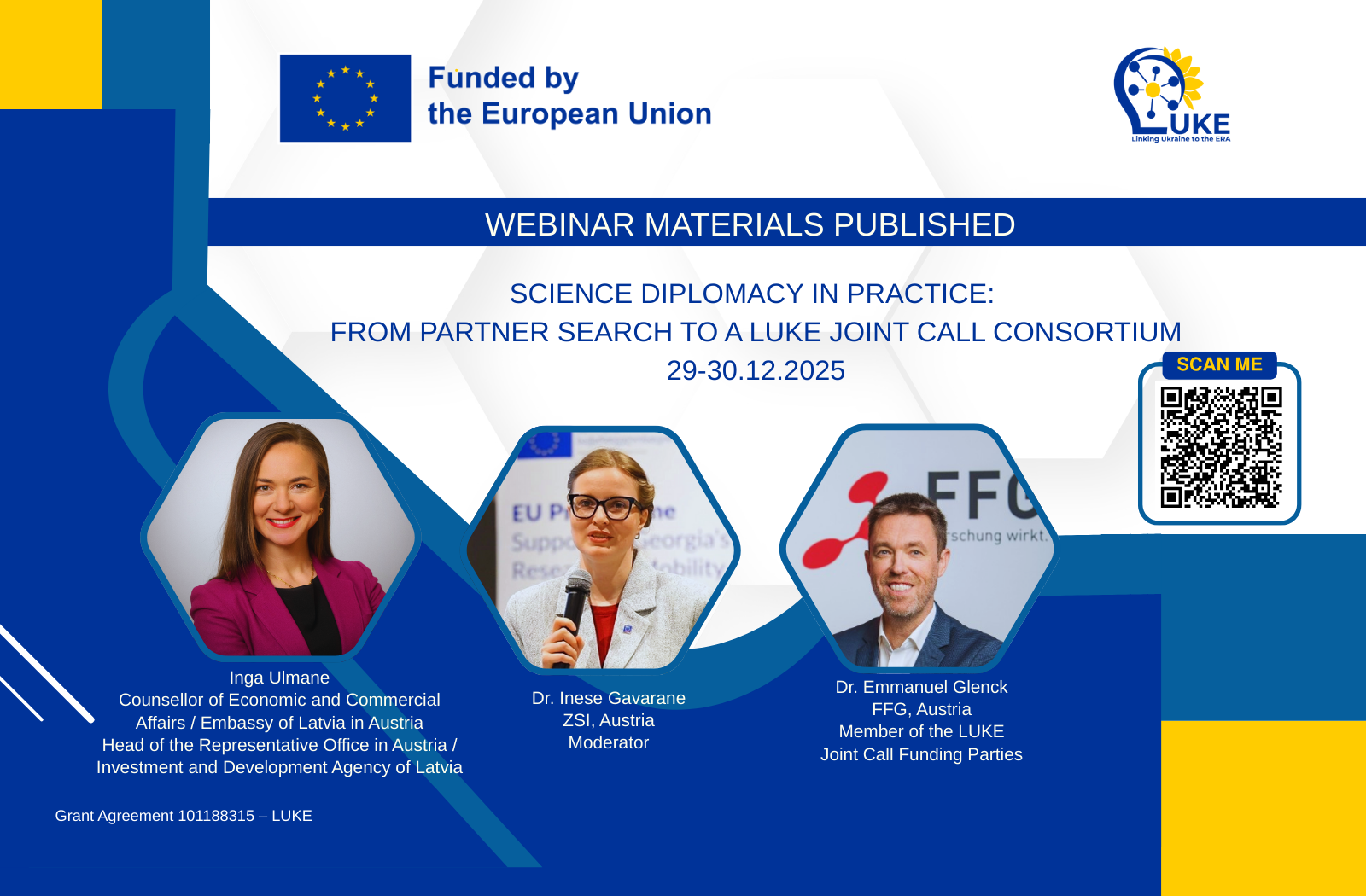During the Ukraine Recovery Conference 2025 (URC 2025), held in Rome, Ukraine’s new International Coalition for science, research and innovation was launched. During the conference, the Rome Declaration of Intent for Science, Research, and Innovation in Ukraine was also presented and signed, officially marking the establishment of the Coalition
The Declaration was signed by the Ministry of Education and Science of Ukraine, the Italian Ministry of University and Research, the European Commission, and UNESCO. According to the document, the members of the coalition are “standing united in their desire to support Ukraine in the reconstruction and recovery of its science, research, and innovation ecosystem – overcoming the challenges posed by the ongoing crisis – and determined to work together in a spirit of partnership, solidarity, and shared responsibility.”
The launch of the Coalition was announced by the Ukrainian First Deputy Minister of Education and Science Yevhen Kudriavets, the Italian Minister of University and Research Anna Maria Bernini, the European Commissioner for Startups, Research, and Innovation Ekateryna Zaharieva, and UNESCO’s Assistant Director-General Lidia Arthur Brito.
“Today we are shaping science capable of withstanding the challenges of war and at the same time being a driving force for the future. We are updating approaches to funding, supporting early-career researchers, and developing innovative infrastructure. For us, this is not a temporary initiative, but a strategic course: to make Ukrainian research a systematic, open, and integral part of the European Research Area. The signing of the Rome Declaration is a sign of the international community’s trust in this path and in our determination to change,” emphasized Minister of Education and Science of Ukraine Oksen Lisovyi.
The Coalition aims to both address the urgent needs and long-term challenges of Ukraine’s research and innovation system. In particular, it aims to facilitate the reconstruction and modernization of research infrastructure, support Ukrainian researchers, and recognize the key role of research in the country’s recovery.
Technical assistance for reconstruction, access to state-of-the-art equipment, and capacity building in research management are provided for the reconstruction and modernization of research infrastructure.
Support for Ukrainian researchers and innovators, especially those remaining in Ukraine, will be provided through joint research projects and grant opportunities; skills development initiatives; scholarships and mobility opportunities; joint training and doctoral programs, etc.
For economic recovery, technology transfer is encouraged, including programs to support spin-offs and technology startups, expanding access to venture capital and financing opportunities, and providing advice on the development of intellectual property protection policies.
The Declaration also emphasizes support for reforms and actions aimed at further integration of Ukraine into global research and innovation ecosystems, and in particular into the European Research Area. This includes early support for transformational integration processes, training on obtaining EU funding, and administering EU projects.
To achieve these goals, the Coalition will coordinate international efforts to support Ukraine, shape a joint agenda for cooperation, and ensure ongoing dialogue between the Government of Ukraine and its international partners.
The Coalition has already been joined by Austria, the United Kingdom, Denmark, Bulgaria, Spain, Germany, Poland, Portugal, the Slovak Republic, Sweden, Croatia, and UNDP.
Membership in the Coalition is open to a wide range of stakeholders who support the development of Ukraine’s research sector. These include governments; international and intergovernmental organizations; research foundations involved in co-funding research programs or other forms of international cooperation; organizations representing research institutions, research infrastructures, national academies of sciences, or equivalent entities; private companies investing in charity and/or research and development (R&D); non-governmental organizations implementing charitable programs or projects in the field of research and development; foundations, development banks, and other financial institutions that promote innovation activities.
You are invited to join by submitting a formal request to the Secretariat at: EC-R-I-COALITION-UA-SECRETARIAT@ec.europa.eu
It should be recalled that UNESCO’s Action Plan to support Ukraine’s scientific ecosystem during the war and post-war recovery period was presented in early July in Kyiv. The plan was developed under the coordination of the Ministry of Education and Science of Ukraine and in cooperation with national institutions, including the National Research Foundation of Ukraine, the Delegation of the European Union to Ukraine, and international partners. As Deputy Minister of Education and Science Denys Kurbatov emphasized during his presentation, “it is very important to realize that we can overcome this hardship and these challenges only together.”
The Action Plan provides both for emergency measures for the coming years and a long-term strategy.
The main goal of the short-term priority actions is to stabilize Ukraine’s scientific sector, ensure remote access to critical research infrastructure, and maintain the continuity of research work in a crisis situation. Among the pilot measures envisaged within this priority are research grants for Ukrainian researchers. As stated in the document, in close cooperation with the National Research Foundation of Ukraine, it is planned to establish a mechanism for the expedited grant funding and emergency scholarships. This is intended to support the livelihoods of researchers affected by the war, with a particular focus on early-career researchers, female researchers, internally displaced persons, and researchers with disabilities.
According to the UNESCO website, an estimated funding of USD 18 million has been allocated for the implementation of its activities planned for 2025–2026.






